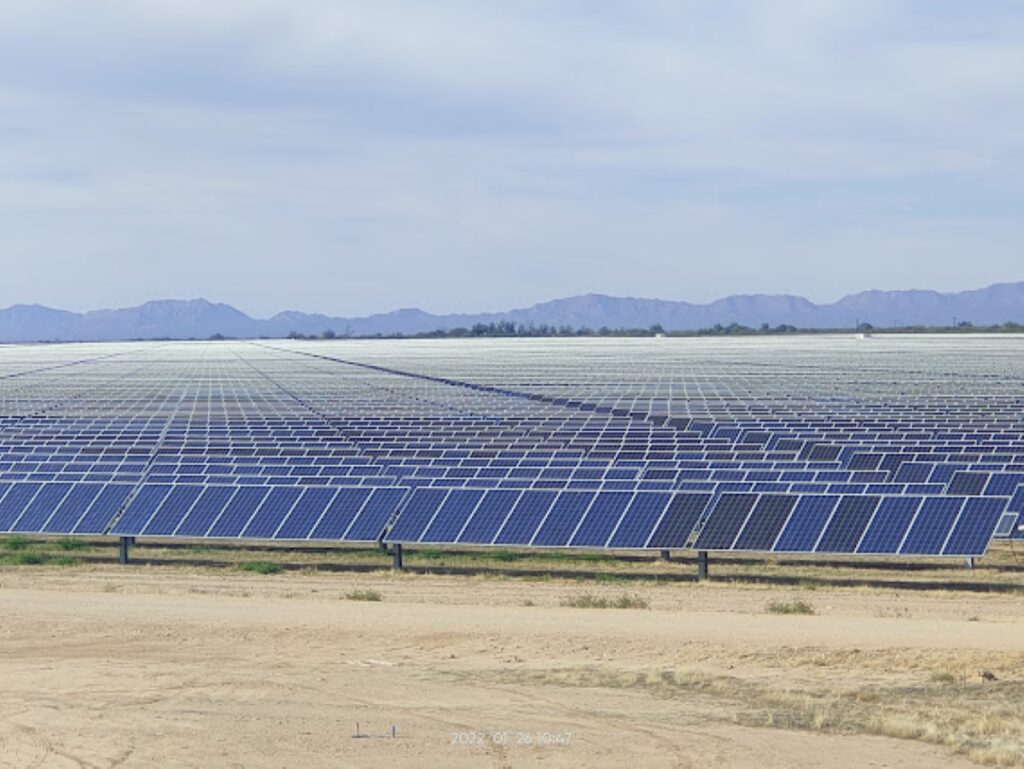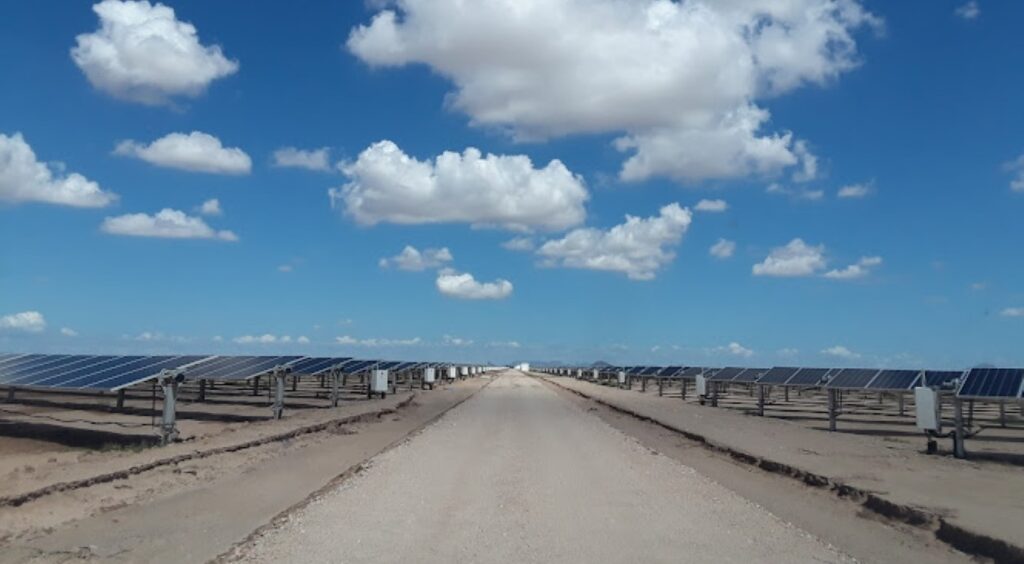With only 1.5 percent of its territory, Sonora could generate all the electricity that Mexico generates, taking advantage of the solar energy thermal and photovoltaic, said Rigoberto García Ochoa.
D. in Urban and Environmental Studies by El Colegio de México and researcher at the Department of Urban and Environmental Studies at El Colegio de la Frontera Norte said that Mexico is moving towards a greater participation of renewable energies in the electricity system.
"In the case of solar energy, both solar thermal and solar photovoltaic, Mexico has great potential, it is one of the countries with the greatest potential, especially in the north of Mexico, for example, here in the area known as the Sonora desert, which includes part of Sonora, part of Arizona and part of Baja California, it is one of the regions with the greatest potential in the world, of about 8 kWh per square meter per day. We have a lot of potential here," he said.
To put it in perspective, the academic explained that in Germany the proportion of photovoltaic energy generated is much higher than in Mexico, however, there they have a potential of 2.3-2.5 kWh per square meter per day.
"It has been calculated that in the state of Sonora, with a maximum of 1.5 percent of its land, all the electricity generated by Mexico could be generated, just so we can see the great potential we have in the northwest of Mexico and specifically in the Sea of Cortez area," he said.
New transmission infrastructure needs to be put on the agenda
García Ochoa stated that the big problem is that a more adequate transmission infrastructure needs to be created so that Mexico can take advantage of all this potential to produce solar energy.
"The transmission system of the entire Mexican Electricity System has not been properly maintained for about a decade and has not been expanded as it should be. As long as we do not fix this issue, it will be very difficult for us to upload to the networks what can be generated in the northwest of Mexico," he said.

The Colef researcher stressed that the Federal Electricity Commission has a monopoly on transmission and distribution, so it has to modernize with intelligent, remote control and automation systems, otherwise it would be practically impossible to take advantage of this potential.
"As long as this investment is not made, no matter how much potential we have and no matter how much we generate, it will not be possible to take advantage of it, what is more, if it goes up to the grid it would destabilize, that is why it is important that we touch on the issue that this infrastructure is needed," he insisted.
García Ochoa stated that the potential of solar energy should not only be harnessed with huge solar parks such as those already under construction, but also at the residential and industrial level.
"You can generate a lot of photovoltaic energy that can help reduce energy poverty, to improve the economic conditions of families, because as long as you generate your electricity you will pay less, especially in our states that here we do pay strong amounts, although electricity is subsidized," he said.
One can even think of the figure of communities or energy cooperatives, with which all of this Sea of Cortés region could be an example of worldwide success.
Who is Rigoberto García Ochoa?
- He holds a PhD in Urban and Environmental Studies from El Colegio de México and is a researcher in the Department of Urban and Environmental Studies at El Colegio de la Frontera Norte.
- He was awarded the Gustavo Cabrera Acevedo Prize for best research work in Urban and Environmental Studies in 2011 with the work entitled "Satisfaction of basic energy needs. A conceptual and methodological proposal to integrate energy poverty in the social dimension of sustainable development".
- He has received honorable mention from the Latin American and Caribbean Institute for Economic and Social Planning (ILPES) and the Economic Commission for Latin America and the Caribbean (ECLAC) for the research work "Energy Poverty in Latin America", and for the research work "Electric Energy and Sustainability".


